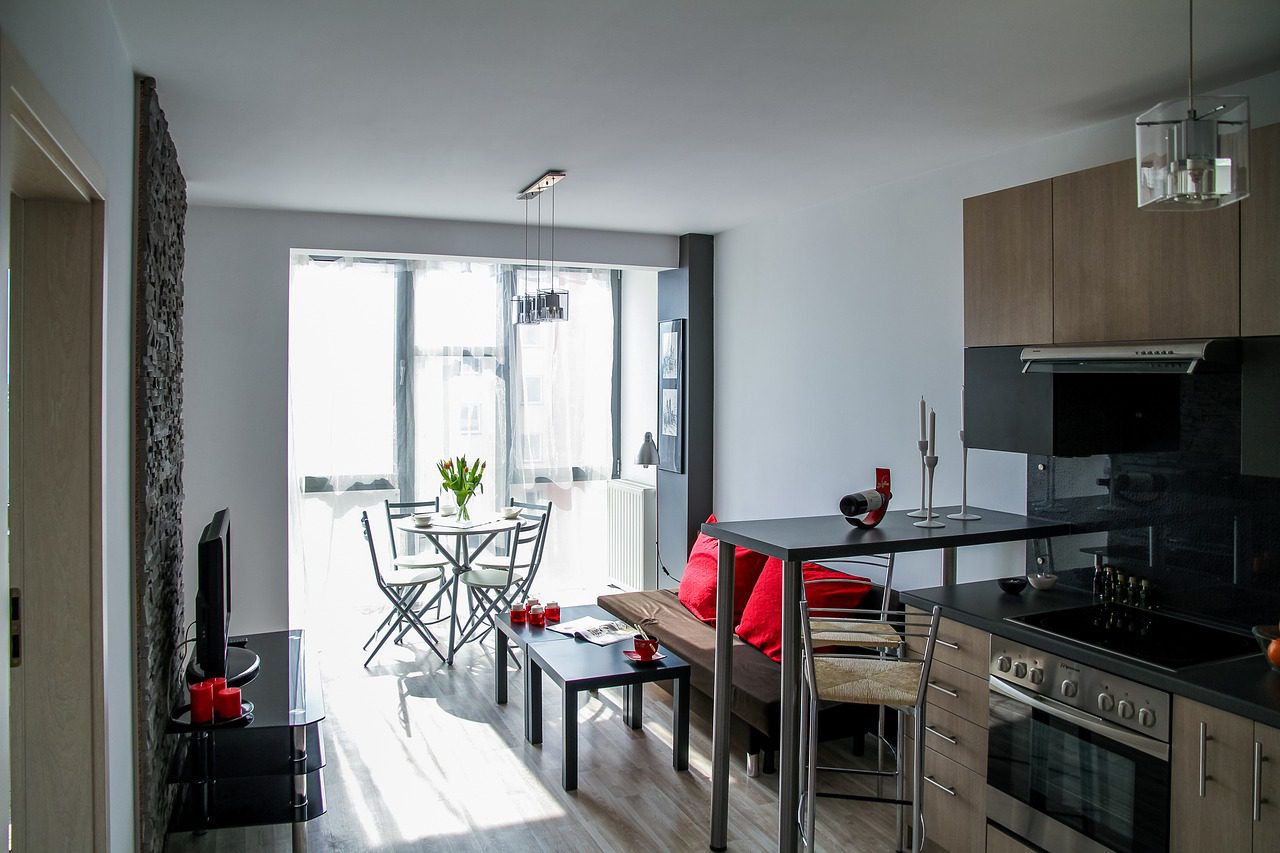Controversial comments from a London-based architect who believes that busy millennials only need hotel room-sized flats to live in has sparked debate over whether minimum home sizes should be scrapped.
Homeownership among today’s young people is at an all-time low, with reasons for this ranging from a lack of affordability as a result of the UK’s housing crisis, to improvements in the private rented sector (PRS) meaning many young people would prefer to continue renting for longer before committing to a mortgage.
While the increased number of new-builds being developed today is going some way towards tackling the crisis, recent statistics have revealed that property sizes are now an average 32% smaller than they were in the 1970s, but one architect has declared that this is actually the way forward for millennials.
Hotel room-sized apartments are fine for millennials
Patrik Schumacher of Zaha Hadid Architects has written a paper stating that today’s young people prioritise location over space as they carry out their busy lives, and would prefer to live in a studio the size of a hotel room that is right in the centre of town compared to commuting long distances.
He said: “Those who are now making the hard choice between paying 80% of their income on a central flat versus commuting from afar, will in the liberalised future appreciate new options and perhaps choose to pay only 60% for a smaller but more central flat.
“For many young professionals who are out and about networking 24/7, a small, clean, private hotel room-sized central patch serves their needs perfectly well.”
Young professionals should be given priority to live in the most central homes, believes Schumacher, as they will benefit the most by being well-located to attend early morning meetings, after-work networking events, weekend conferences and professional lectures.
Tearing communities apart
While some government guidance states that the minimum floor area for a new home must be 37 square metres, Schumacher says: “Units half that size, built at an earlier time, are rare and thus at the moment overpriced, hotly desired commodities, for rent or for sale.
“Lifting this prohibition would allow a whole new (lower) income group, which is now excluded, to enter the market. This move would both boost overall unit numbers and affordability.”
The views have been criticised by Dan Wilson Craw of Generation Rent campaign group, who thinks that while changes to planning restrictions in some ways would be a good thing, building such small spaces would tear up communities and create a severe lack of family homes.
“Do we want to have a completely shifting society in our big cities where everyone is a pay cheque away from losing their home and people are having to move very quickly and there’s no chance of developing a sense of community?” Craw said.










